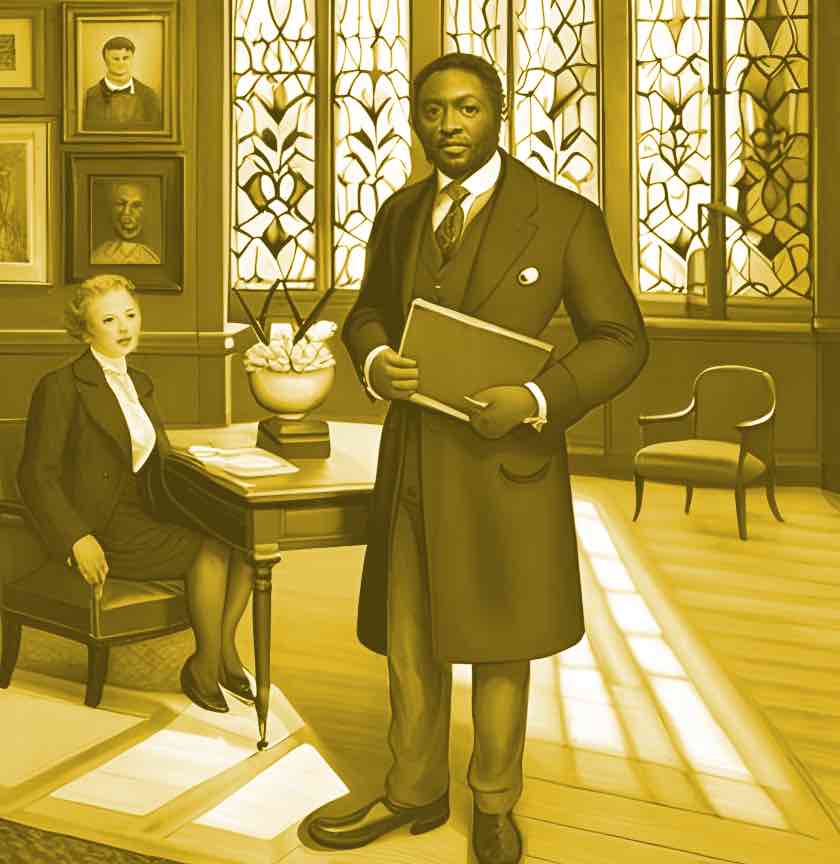If you want to reverse racism, you have to find a way to reverse the power relationship. There are several levers for reversing the balance of power:
– the demographic lever (the law of numbers)
– financial capital
– symbolic capital
– cultural capital
– social capital
– religious capital
– […]
Racism is generally applied against a group that is supposedly lacking in the attributes that would make it strong in a society.
The Minority And The Majority
Minorities are usually victims of racism because they suffer the consequences of a demographic ratio that is to their disadvantage. Jews were persecuted in Europe throughout the Middle Ages, primarily because they were always in the minority in the societies in which they found themselves. Demographic changes in certain regions of the world are sometimes made in favor of immigrant populations (southwestern United States, former British colonies where non-native elements – Anglo-Saxons – outnumber the natives: ie. Australia, New Zealand, etc.), making racism against these same groups difficult. Demography can thus play a very effective role, but it is an external data on which an individual alone cannot have an impact.
Financial Capital
The quickest way in liberal societies to mitigate the racism one may experience is to acquire financial capital, which helps to make any deficiencies in other areas (cultural capital, symbolic capital etc.) less visible. Being wealthy gives you a strength that commands respect in some way despite being a member of a minority ethnic group.
Symbolic Capital
What can cause racism against certain groups is that they have a negative symbolic association with their history or supposed reputation. For example, African Americans suffer from the legacy of slavery as negative symbolic capital. Racialized people living in Europe also inherit a symbolic capital in relation to the indigenous population: they often come from regions that were colonized by Europeans. In order to reverse this negative balance of power, it is necessary to acquire symbolic capital. For example, by becoming a notable person (lawyer, doctor, etc.), a person can easily neutralize and even reverse this relationship.
Cultural Capital
It is not valued in the same way in all countries. Countries with an old bourgeoisie or aristocracy will tend to give more importance to cultural capital (France, England, Austria, Japan, Russia etc.) as opposed to countries that are “younger” in this area (New Zealand, USA etc.). By building up cultural capital (such as book learning), the effects of racism can be mitigated, but only in certain societies where it is valued.
Social Capital
In the age of social networks, it is easier to get ahead. Being a 2.0 star allows you to “erase your differences” in a way. The more social influence you have, the more prestige you have, the more people forget about your ethnicity. The more people who know you, the more power you have in your favor.
Religious Capital
This will only be true in religious societies, at least those that value religious ideas. Religious capital is a sub-category of symbolic power in most cases (politics and religion are often mixed). For example, in some Muslim countries, especially Arab countries, black people experience racism because they are associated with the descendants of slaves (which is not always the case in these countries), from the trans-Saharan trade. A wise way for a black person in these countries to mitigate the racism they may feel is to be religiously pious or knowledgeable. This then allows her to potentially benefit from a positive association towards her (and tap into the Muslim collective unconscious where black figures have played a prominent role).
In Conclusion:
– One can always escape racism individually if one is able to acquire symbols of power within the society in which one operates.








